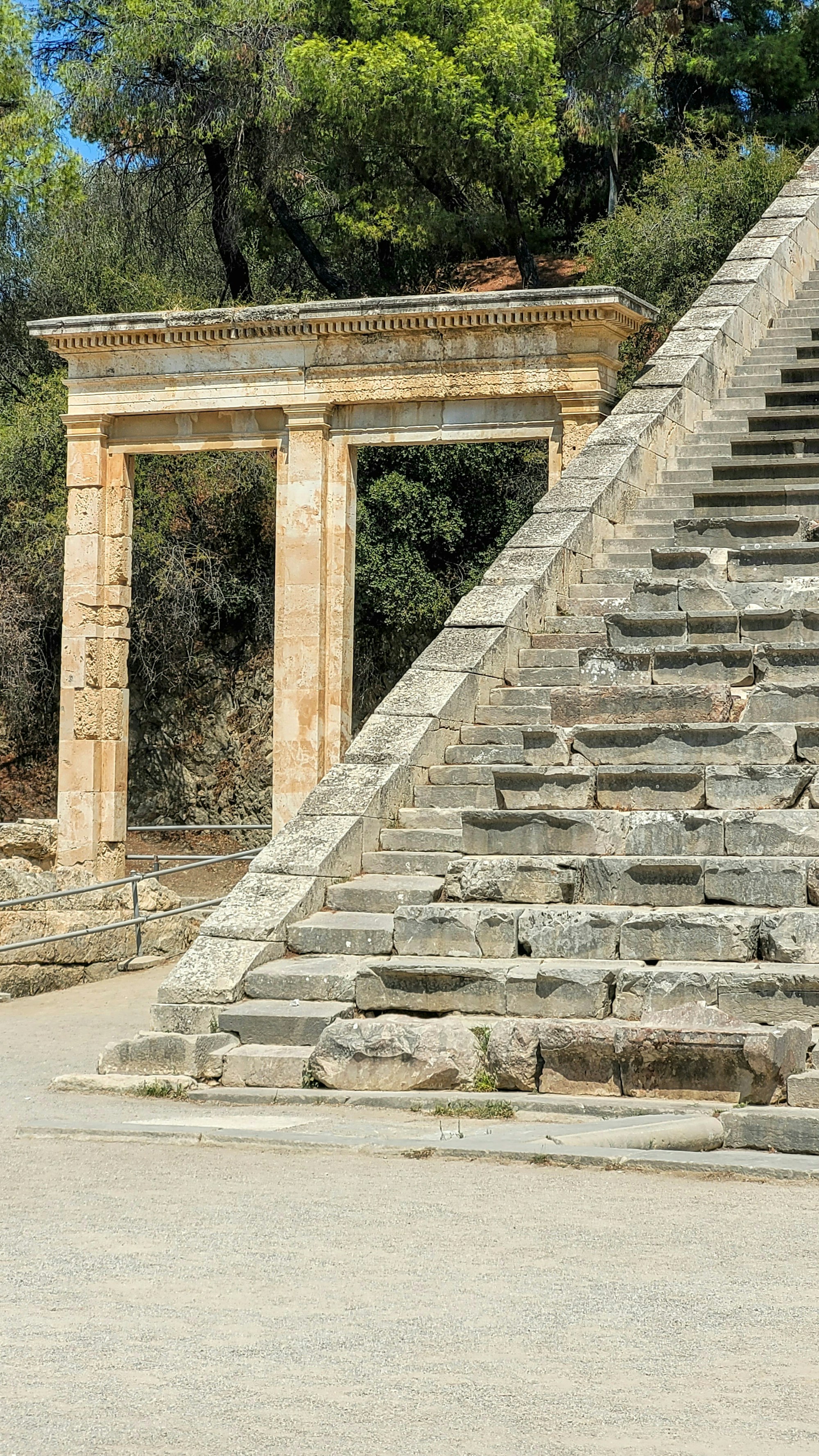Olimpia: History, Customs and Festivals Travel Guide
Discover Olimpia's rich history, vibrant customs, and lively festivals in this comprehensive travel guide.

Olimpia: History, Customs and Festivals Travel Guide
History of Olimpia
Olimpia, a town with a rich and vibrant history, is located in the heart of Greece's Peloponnese peninsula. Famous for being the birthplace of the Ancient Olympic Games, Olimpia's origins can be traced back to the ancient Greek civilization. The games, held in honor of Zeus, began in 776 BC and continued until the Roman Emperor Theodosius I abolished them in 393 AD due to their pagan origins.
Olimpia was not just a sporting hub but also a religious center dedicated to Zeus. The site housed numerous temples, including the magnificent Temple of Zeus, once home to one of the Seven Wonders of the Ancient World - the Statue of Zeus. Over the centuries, Olimpia fell to various empires including the Roman and Byzantine Empires, each leaving their mark on this historical landscape.
Cultural Practices and Traditions
Religious Beliefs
The ancient Greeks of Olimpia were deeply religious, and their beliefs were predominantly polytheistic centered around gods, demigods, and mythical creatures. Festivals and rituals were an essential part of their lives, with many events organized to honor different deities.
Architectural Heritage
Olimpia's architecture is a testament to Greece's storied past. The ancient ruins, beautifully preserved, offer a glimpse into the grandeur of the past. The Palaestra, the Gymnasium, and the Heraion (Temple of Hera) are some of the key highlights. These structures exemplify the classic Doric style prevalent during that era.
Modern-Day Customs
Today, Olimpia's residents maintain a blend of ancient traditions and modern practices. Religious festivals, traditional music, and dance remain integral to their cultural identity. Every four years, a symbolic lighting of the Olympic flame takes place in Olimpia, reigniting the spirit of the ancient games and showcasing the enduring connection to the past.
Festivals in Olimpia
Olympic Flame Lighting Ceremony
This ceremony marks the beginning of every Olympic Games, both Winter and Summer, connecting the modern games with their ancient roots. The flame is lit using a parabolic mirror to reflect the sun's rays and is then carried by a torch relay to the host city. This event attracts visitors from around the world and includes traditional Greek music, dance, and performances.
Kalamatianos Dance Festival
The Kalamatianos Dance Festival is a celebration of one of Greece's most famous traditional dances. Dancers in traditional attire perform in public squares, accompanied by live music from local musicians. The festival is a vibrant display of Greek culture, enjoyed by locals and tourists alike.
Kronia Festival
The Kronia Festival, an ancient celebration dedicated to Cronus, the God of Time, is revived annually in modern Olimpia. It features parades, theatrical performances, and various recreational activities reminiscent of the ancient Greek games. The festival is a fantastic opportunity to experience traditional food, music, and crafts.
Interesting Facts about Olimpia
- The Altar of Zeus: It is believed the ashes from the sacrifices at the altar, accumulated over centuries, formed a mound standing several feet high.
- The Stadium: The ancient stadium in Olimpia could accommodate around 45,000 spectators. Standing at the starting line where ancient athletes once competed is a powerful experience for any visitor.
- Olympic Truce: During the ancient Olympic Games, a truce was observed which ensured safe passage through war-torn regions for athletes and spectators, reflecting the significant political and cultural impact of the games.
- Treasure Houses: Small temple-like structures called treasuries were built by different city-states to house their offerings to the gods.
Local Anecdotes
One popular tale among locals is about the famous athlete Melancomas of Caria. Known not only for his strength but also his sportsmanship, Melancomas would purportedly win boxing matches without ever striking his opponent, evading attacks until the other grew exhausted.
Another charming anecdote is related to the construction of the Temple of Zeus. Local lore suggests that the intricate details were the result of a mysterious sculptor who was contracted for its construction. His work was so precise and flawless that some say the gods themselves guided his hands.
